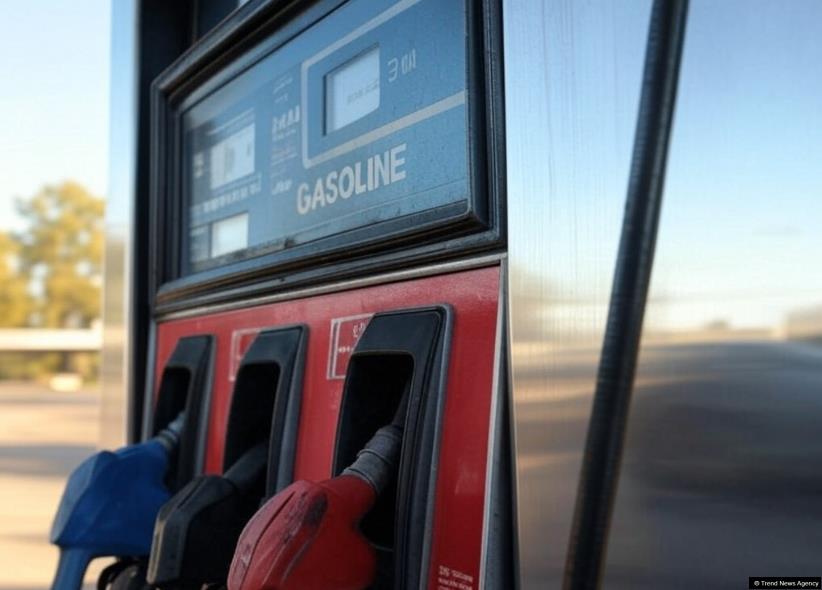
EAEU Puts Brakes On Fuel Import Duties
The decision by the EEC Council sets tariff rates for these fuels to zero percent effective immediately, a policy that will remain in force until June 30, 2026. The move is a direct intervention to counter market imbalances that threaten the economies of member states.
The Commission's action comes as the region grapples with a significant supply shock. Analysts link recent fuel price surges to a combination of rising global oil prices and critical disruptions at Russian refineries. A campaign of Ukrainian drone strikes has targeted Russia's energy infrastructure, with reports indicating that 13 major refineries were hit between August and mid-September. By late August, foreign media estimated that Russia had lost approximately 17 percent of its refining capacity, and the attacks have since intensified.
The current supply chain disruption has resulted in a
divergence of export regulatory frameworks within the union. The
Russian administration has initiated a regulatory framework to
curtail gasoline exportation commencing August 27, with a
moratorium projected to persist until November. Nonetheless, in a
pivotal exception, it permitted the continuation of logistics to
allied EAEU entities.
Conversely, a prominent regional provider, Kazakhstan, enacted a
more stringent prohibition on its gasoline exports effective May
19. This embargo, encompassing no exemptions for EAEU affiliates,
is likewise established until November and is broadly anticipated
to be prolonged for a minimum of an additional six months to
safeguard its internal market.
This poses a significant challenge for Kyrgyzstan, which is highly dependent on imports from other EAEU members. According to the Kyrgyz Ministry of Energy, 93 percent of its fuel imports originate from Russia. In response to the crisis, Kyrgyz oil traders are now in talks with suppliers from Azerbaijan, Turkmenistan, Iran, and Kazakhstan to diversify imports and mitigate the risk of shortages.
Against this backdrop of tightening supply, EEC Minister for Trade Andrey Slepnev stated the duty suspension is necessary "to ensure a balance in the domestic motor fuel market," citing a "local reduction in production volumes amid seasonal growth in demand."
The ruling is scheduled to come into force 10 calendar days after its official publication, effectively opening a tariff-free corridor for fuel imports to help member states navigate the ongoing regional supply crisis.
The Eurasian Economic Union (EAEU or EEU) is an economic alliance including five post-Soviet nations situated in Eurasia. The EAEU possesses a unified integrated market. As of 2023, it comprises 183 million individuals and a gross domestic product of over $2.4 trillion. The EAEU promotes the unrestricted flow of goods and services and establishes unified policies in macroeconomics, transportation, industry, agriculture, energy, international trade and investment, customs, technical regulation, competition, and antitrust legislation.

Legal Disclaimer:
MENAFN provides the
information “as is” without warranty of any kind. We do not accept
any responsibility or liability for the accuracy, content, images,
videos, licenses, completeness, legality, or reliability of the information
contained in this article. If you have any complaints or copyright
issues related to this article, kindly contact the provider above.


















Comments
No comment